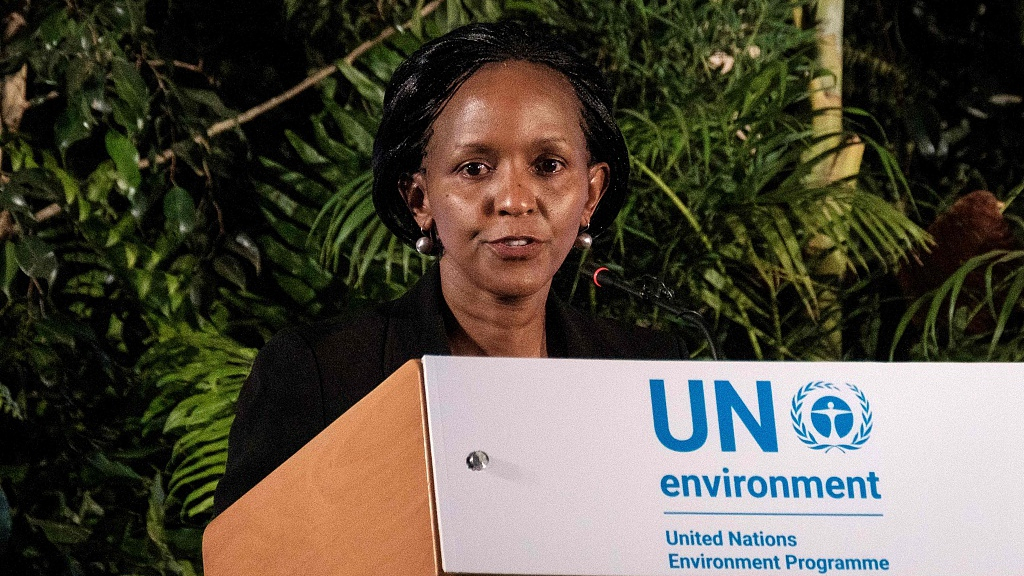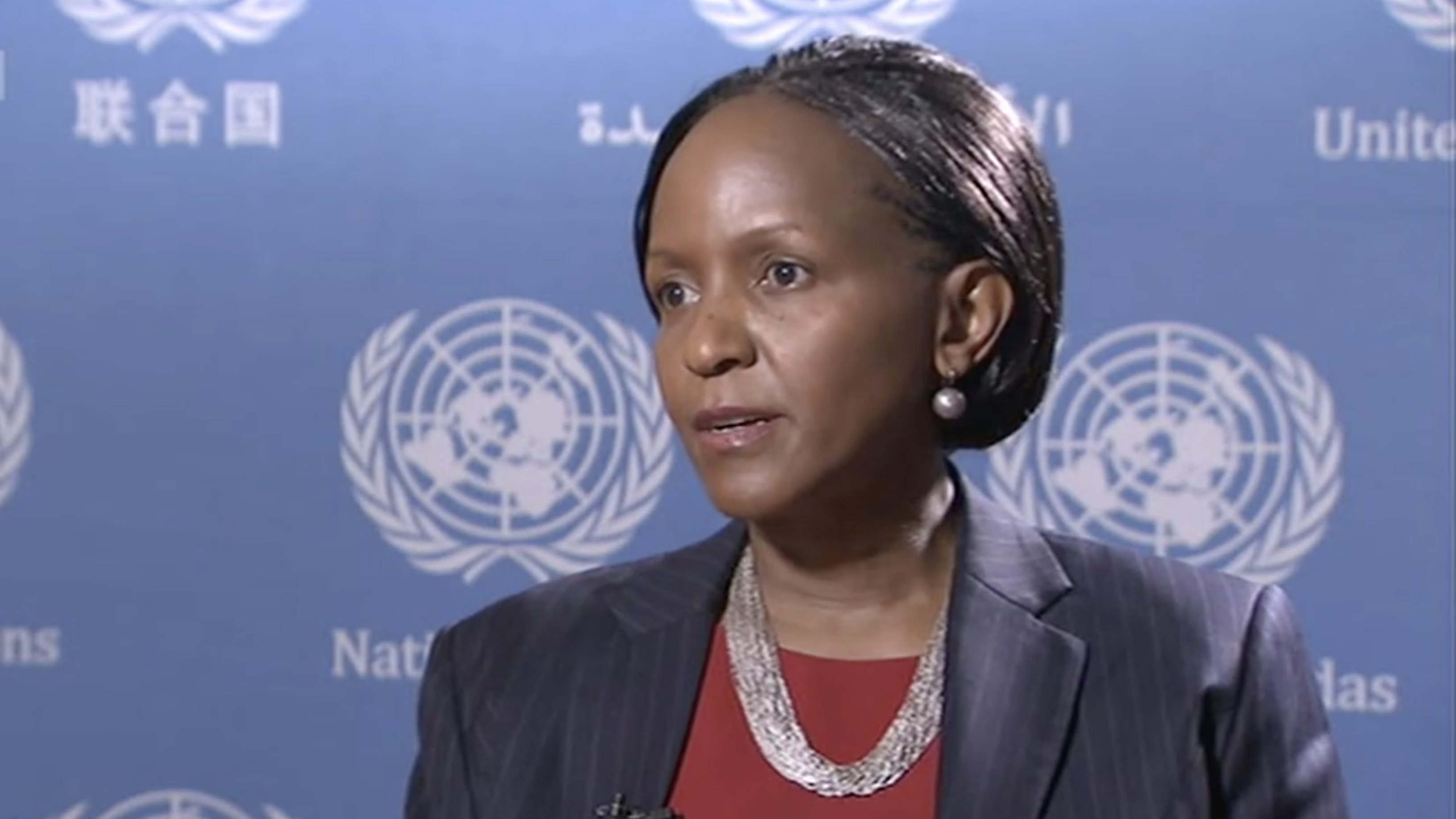
TV Show
15:25, 30-Apr-2019
UNEP: BRI has potential to achieve Vision 2030
The Point with Liu Xin
00:53

Chinese President Xi Jinping emphasized the importance of achieving the United Nations' 2030 Agenda for Sustainable Development at the opening ceremony of the 2019 Beijing International Horticultural Exhibition. The remarks fell in line with his keynote speech during the just-concluded second Belt and Road Forum for International Cooperation (BRF), where he highlighted innovation, green investment and the need for transparency in Belt and Road projects.
Experts say these two speeches signal China's shifted focus from economy-oriented development to ecology-oriented development. However, some are questioning China's ability to achieve the 2030 Agenda, let alone help other countries achieve the goal.
“The BRI (Belt and Road Initiative) has the potential to accelerate the achievement towards the Vision 2030,” Joyce Msuya, UN Environment acting executive director and assistant secretary-general of the United Nations, told CGTN.
“What we are hearing from beneficiary countries of the BRI, they need help in terms of capacity building, infrastructure investment and financing," Msuya said. "The UN can play its role, but it's not going to be enough. All of us need to come together as an international community to support the Vision 2030, and the BRI is an opportunity to do so.”
Regarding concern over unsustainable infrastructure practices and environmental issues, Msuya said the concerns are valid. However, she pointed out the world is much more connected now, allowing people to learn from each other. Also, world organizations like the UN can offer a platform for sharing experiences and lessons.
01:05

In terms of learning from other countries, she mentioned that China has done very well in this regard. China is “not just learning but taking the lessons and customize them for the local context” since there is no universal solution that can fix all problems, she explained.
Msuya expressed optimism about China's continued development and offered suggestions for future progress.
“I think one is really speeding up (citizen's engagement), two would be the fourth industrial revolution, the artificial intelligence, the senses offer opportunities to actually add technology for efficiency in monitoring air quality; and lastly partnerships, continue to learn from other countries that have done well to speed up the progress,” she said.
(If you want to contribute and have specific expertise, please contact us at opinions@cgtn.com.)

SITEMAP
Copyright © 2018 CGTN. Beijing ICP prepared NO.16065310-3
Copyright © 2018 CGTN. Beijing ICP prepared NO.16065310-3